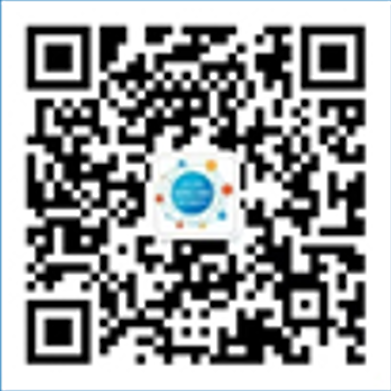The Information Literacy Assessment System for primary and secondary school students (see Figure 1) is designed to evaluate students’ information literacy levels and help regions understand their current development trends. The system serves four main user groups: students, teachers (including educational researchers), education administrators, and system administrators. It consists of seven modules: user management, regional management, school management, project management, indicator system, assessment management, and recycle bin (see Figure 2).
The system includes tools for assessing students’ information literacy and features automated scoring. It collects data online, scores it automatically, and presents the results visually. This allows education authorities to effectively monitor students’ information literacy levels across different regions. The system has been used for five consecutive years in nationwide assessments of primary and secondary students, collecting data from over one million students.

Teacher Information Literacy Assessment System
The Central Party Committee has emphasized that the ongoing informatization revolution is changing how knowledge is acquired and teaching is carried out, placing new and higher demands on educators. National policies—such as the Education Informatization 2.0 Action Plan, the Ministry of Education’s notice on selecting “Smart Education Demonstration Zone” projects, and the Opinions on Implementing the National Primary and Secondary School Teachers’ Information Technology Application Ability Improvement Project 2.0—highlight the urgent need to strengthen teachers’ information literacy. Improving the information literacy of primary and secondary school teachers is a key priority for advancing informatization in basic education.
Accurate and scientific evaluation of teachers’ information literacy not only provides a clear picture of their current development but also offers guidance for improving these skills. However, conducting large-scale regional assessments can be challenging due to organizational complexity and concerns about the reliability and effectiveness of assessment tools. To tackle these challenges, the research team offers standardized assessment services for teacher information literacy. These services include developing evaluation indicators, designing assessment tools, building the assessment system, and administering assessments online. This approach provides a clear understanding of teachers’ information literacy levels across regions.
The assessment process is easy to use and reliable, supported by scientifically validated tools. In addition, detailed data analysis allows results to be displayed visually through index maps, bar charts, pie charts, and comprehensive evaluation reports.




 Home
Home phone
phone